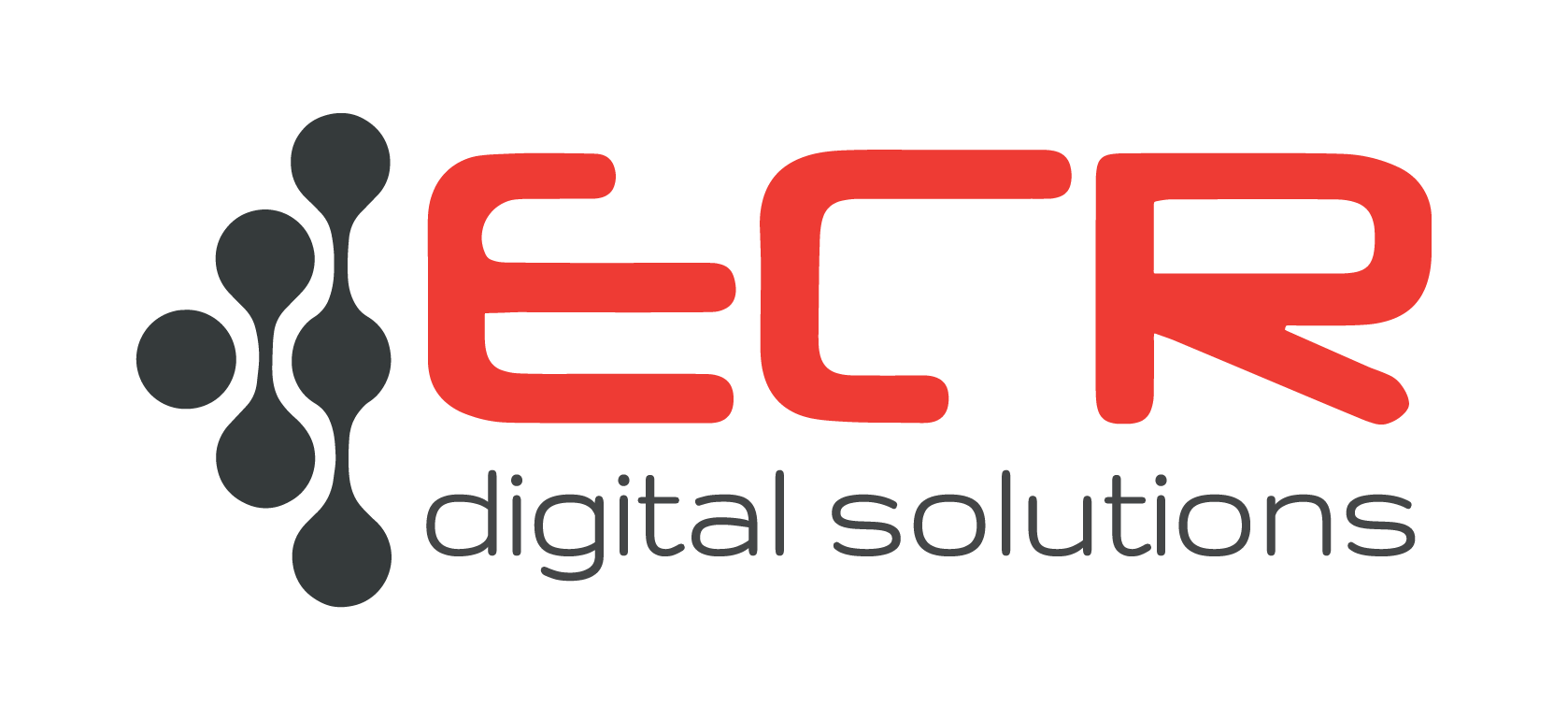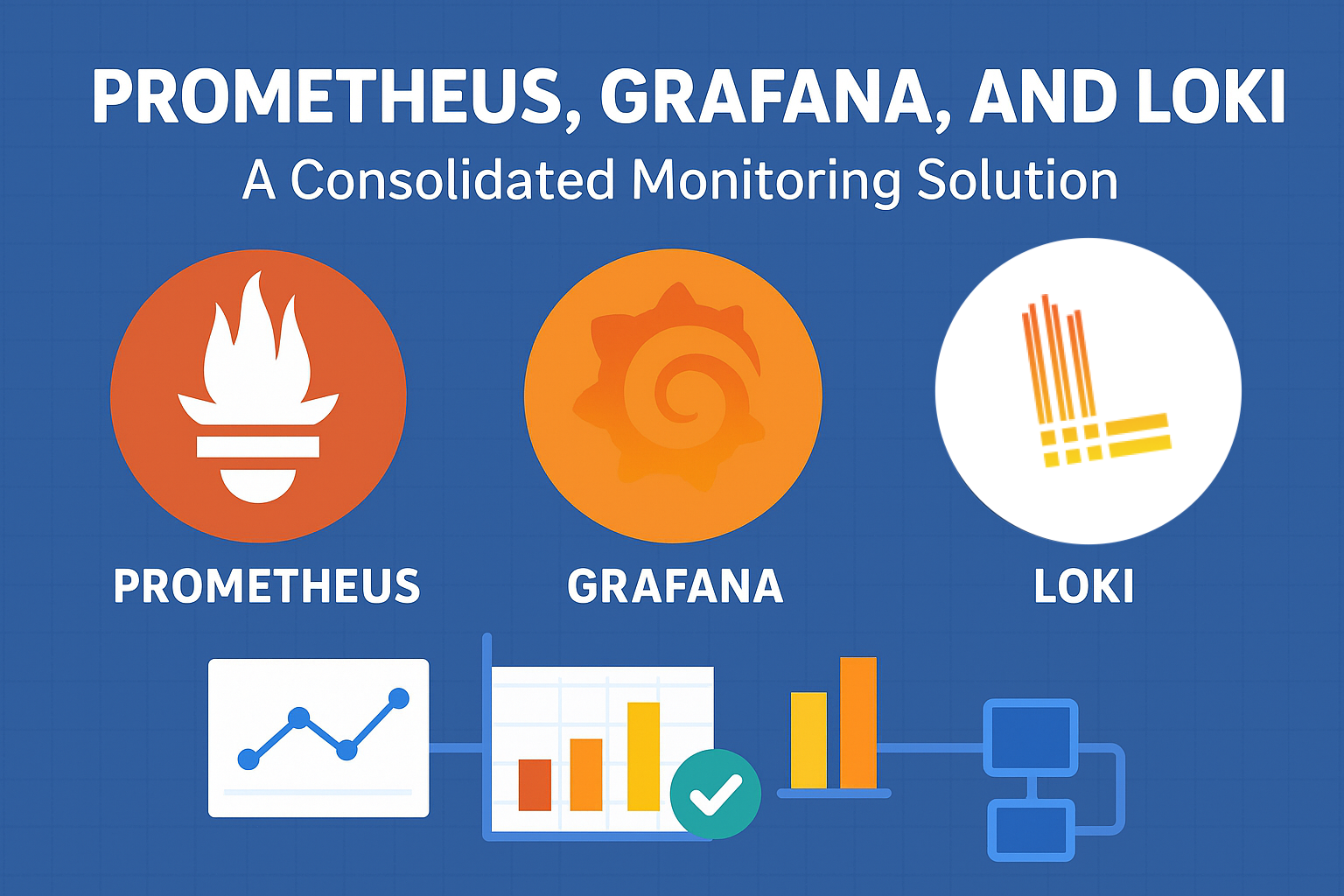Prometheus & Grafana & Loki: Building a Unified Monitoring Stack
Thu 09/10/2025 15m read 1489 views
Revolutionizing Notary Services with Blockchain Technology
Imagine being able to notarize a document from the comfort of your home, with the same level of security and legal validity as a traditional notary service. Sounds futuristic? Well, with blockchain technology, this could soon be a reality. In this blog post, we’ll explore how blockchain can transform notary services, making them more secure, efficient, and accessible.
What is a Notary Service?

A notary service involves a notary public—a legally authorized individual—who witnesses the signing of important documents to prevent fraud. The notary verifies the identity of the signers, ensures they understand the document, and then stamps or seals it to make it official. This process is crucial for documents like property deeds, wills, powers of attorney, and contracts, as it provides a trusted third-party validation.
Traditionally, notarization requires physical presence, paper documents, and manual record-keeping, which can be time-consuming and prone to errors or fraud.
Understanding Blockchain Technology
Blockchain is a digital ledger technology that allows for secure, transparent, and tamper-proof record-keeping. Here’s how it works in simple terms:
- Decentralized: Unlike traditional databases controlled by a single entity, blockchain is distributed across many computers (nodes), making it resistant to tampering.
- Immutable: Once data is added to the blockchain in a “block,” it cannot be altered without changing all subsequent blocks, which is practically impossible.
- Transparent: All transactions are visible to participants with the right permissions, ensuring accountability.
- Secure: Advanced cryptography protects the data, making blockchain highly secure.
These features make blockchain ideal for applications where trust, security, and transparency are paramount—like notary services.
Blockchain in Notary Services: How It Works
So, how can blockchain be applied to notary services? The answer lies in digitizing and securing the notarization process.
- Digital Notarization: Instead of physically visiting a notary, signers can use video conferencing and digital identity verification tools to prove their identity and sign documents electronically. The notary witnesses this process remotely and applies a digital seal.
- Recording on Blockchain: Once notarized, the document (or a unique digital fingerprint of it, called a hash) is recorded on the blockchain. This creates an immutable, time-stamped record that anyone with permission can verify.
This approach eliminates the need for physical documents and in-person meetings while enhancing security and accessibility.
Benefits of Using Blockchain for Notarization
Integrating blockchain into notary services offers several compelling advantages:
- Enhanced Security: Blockchain’s immutability ensures that once a document is notarized and recorded, it cannot be altered or forged. This is far more secure than traditional paper-based systems.
- Accessibility: Notarized documents stored on a blockchain can be accessed from anywhere in the world, making it easier for international transactions or remote access.
- Transparency and Auditability: Every notarization is recorded with a time stamp and details of the notary and signers, creating a transparent audit trail.
- Cost and Time Efficiency: Digital notarization reduces the need for travel, physical storage, and manual processing, cutting costs and speeding up the process.
- Fraud Prevention: The tamper-proof nature of blockchain makes it extremely difficult to forge documents or dispute the validity of a notarization.
Real-World Example: Property Deed Notarization
Let’s consider a practical example: notarizing a property deed.
Traditional Process:
- The buyer and seller meet in person with a notary.
- The notary verifies identities, witnesses the signing, and stamps the deed.
- The deed is then physically filed with a government office.
Blockchain-Based Process:
- The buyer and seller use a secure video call with a notary to verify identities and sign the deed electronically.
- The notarized deed is recorded on a blockchain, accessible to relevant parties like government agencies or banks.
- The blockchain record serves as an immutable proof of ownership transfer.
Additionally, smart contracts—self-executing contracts with terms written in code—could automate related processes. For instance, once the notarization is confirmed on the blockchain, a smart contract could automatically transfer funds or update property records.
Challenges and Considerations
While the potential is immense, there are challenges to overcome before blockchain-based notarization becomes mainstream:
- Legal Framework: Not all jurisdictions accept electronic notarization or recognize blockchain records as legally binding. Regulatory updates may be needed to accommodate this technology.
- Technological Limitations: Blockchain is still evolving, and issues like scalability (handling large volumes of transactions) and energy consumption (for certain blockchains) need to be addressed.
- Privacy Concerns: While transparency is a strength, sensitive documents may require privacy. Solutions like private blockchains or data encryption can help, but they add complexity.
- User Adoption: Transitioning to a new system requires educating users and building trust in the technology, which can take time.
Despite these hurdles, pilot projects and early adopters are already exploring blockchain for notarization. For example, countries like Estonia have pioneered blockchain in government services, including digital identity and e-residency, which could extend to notarization. Platforms like Ethereum, with their smart contract capabilities, also offer promising tools for automating notarization-related processes.
The Future of Notary Services with Blockchain
Blockchain technology has the potential to revolutionize notary services by making them more secure, efficient, and globally accessible. While challenges remain, the benefits—enhanced security, reduced costs, and improved accessibility—are too significant to ignore. As legal frameworks evolve and technology advances, we can expect to see more widespread adoption of blockchain in notarization.
In the near future, notarizing a document could be as simple as a few clicks, with blockchain ensuring that the process is as trustworthy as ever.
By integrating blockchain into notary services, we’re not just modernizing an age-old practice—we’re making it more reliable and accessible for the digital age. What are your thoughts on this innovation? Share in the comments below!
Related articles










